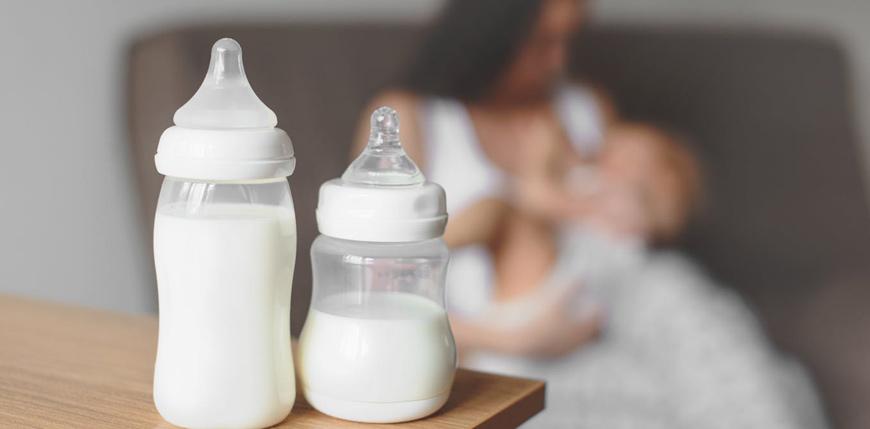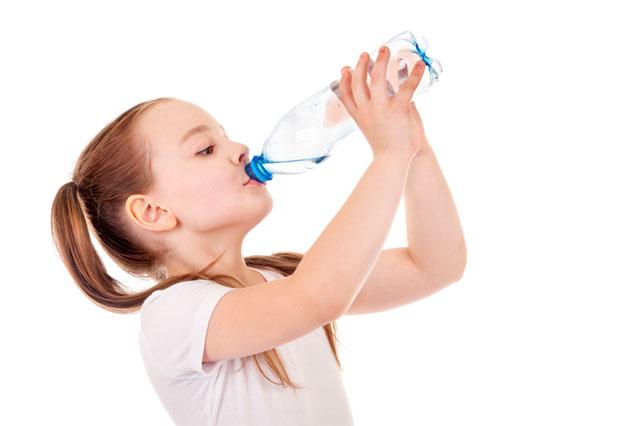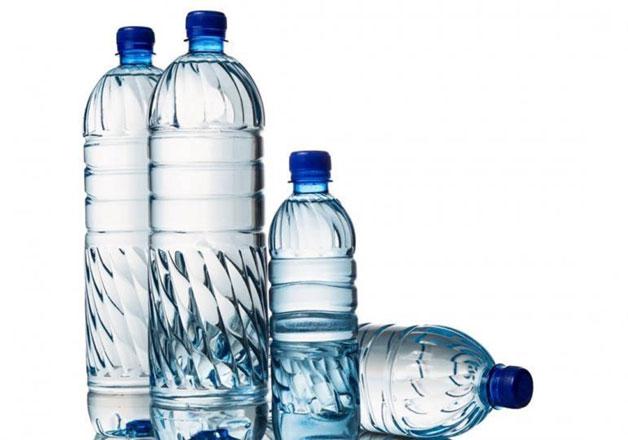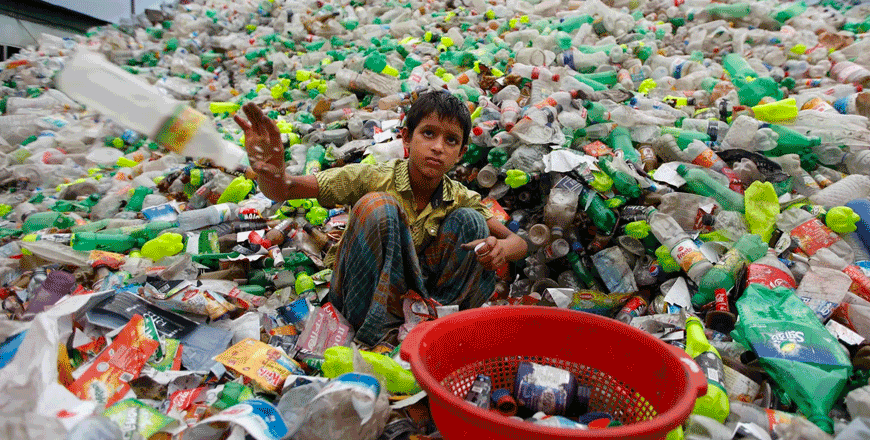You are here
Bottle-fed babies may ingest ‘millions’ of microplastics
By AFP - Oct 20,2020 - Last updated at Oct 20,2020

Photo courtesy of wordpress.com
PARIS — Bottle-fed babies may ingest more than a million pieces of microplastics each day, new research showed Monday highlighting the abundance of plastics in our food products.
There is growing evidence that humans consume huge numbers of the tiny particles, formed when larger pieces of plastic break down, but very little is known about the knock-on health consequences.
Researchers in Ireland looked at the rate of microplastic release in 10 types of baby bottles or accessories made from polypropylene, the most commonly used plastic for food containers.
They followed official guidelines from the World Health Organisation on sterilisation and formula preparation conditions.
Over a 21-day test period, the team found that the bottles released between 1.3 and 16.2 million plastic microparticles per litre.
They then used this data to model the potential global infant exposure to microplastics from bottle-feeding, based on national average rates of breast-feeding.
They estimated that the average bottle-fed baby could be ingesting 1.6 million plastic microparticles every day during the first 12 months of their lives.
The authors of the research, published in the Nature Food journal, said that sterilisation and exposure to high water temperatures had the biggest effect on microplastic release, going from 0.6 million particles per litre on average at 25ºC to 55 million/litre at 95ºC.
The authors told AFP that the aim of the research was “not to worry parents” about the potential health risks of bottle microplastics.
“We have communicated, as strongly as we can, that we do not know the potential health risks of infant ingestions of microplastics,” said the team, from Trinity College Dublin.
“This is an area of research we are now actively pursuing.”
‘Urgent need for study’
The authors noted that it was in developed nations that babies were likely ingesting the most plastic — 2.3 million particles daily in North America and 2.6 million in Europe.
This was attributed to relatively low breast-feeding rates in richer countries.
They said the levels could easily be lowered by taking a few additional steps, including rinsing bottles with cold sterilised water and preparing formula milk in a non-plastic container before filling the bottle.
Fay Couceiro, Senior Research Fellow in Biogeochemistry, University of Portsmouth, said Monday’s research highlighted the “urgency for studies on microplastic impacts on human health”.
She said that it was important not to be “alarmist” when it came to bottle feeding, which many parents prefer for a variety of reasons.
“The risks from not sterilising bottles or using hot water are well understood and very real, and these known risks of disease must outweigh that of microplastic production until their health risks are understood,” said Couceiro, who was not involved in the study.
Related Articles
GENEVA — Microplastics contained in drinking water pose a “low” risk to human health at current levels, but more research is needed to reass
MIAMI — The world’s leading brands of bottled water are contaminated with tiny plastic particles that are likely seeping in during the packa
PARIS — Bacardi rum bottles, Skittles sweet wrappers, designer water bottles — a bevy of companies are developing biodegradable plastic pack

















